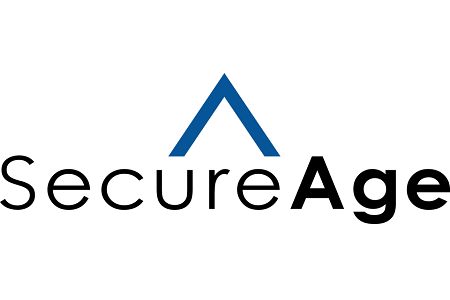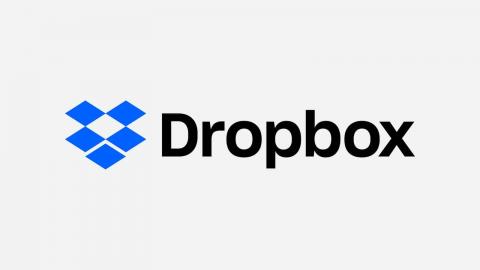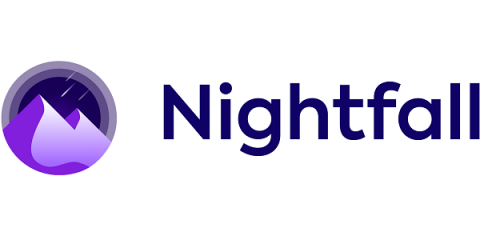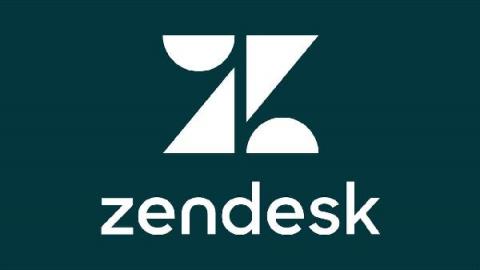How do businesses ensure data security with a remote workforce?
When it comes to Data protection, we used to talk about securing the perimeter with firewalls, VPNs, cybersecurity training for employees, to prevent data leaks - remember those days?? Well, these days, things are a little different as we now have remote working to contend with. As a result, Zero Trust has crept in and tilted the formula for Data security and securing network perimeters is no longer effective.










